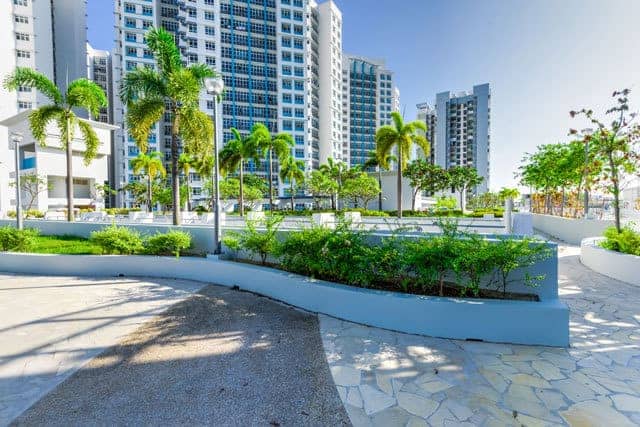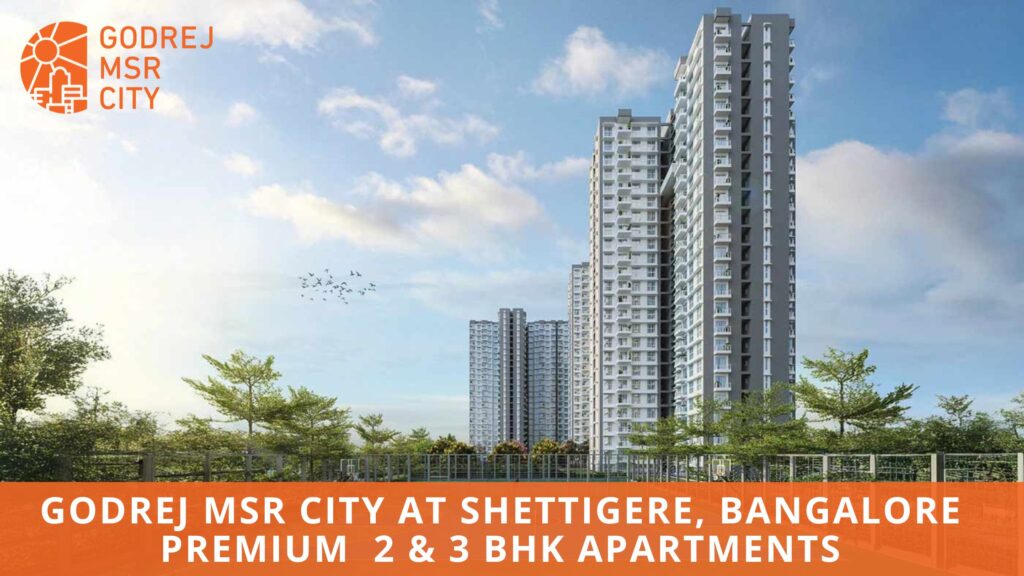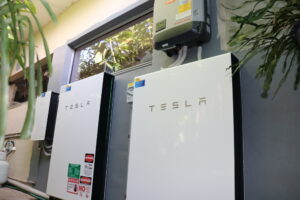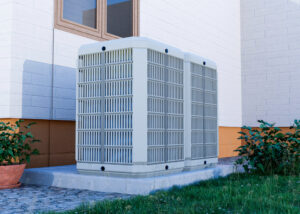Singapore’s property market offers various residential options tailored to different budgets and lifestyles. Two popular choices among homebuyers and investors are Executive Condominiums (ECs) and private condominiums. At first glance, both may appear similar in terms of design, facilities, and lifestyle appeal—but they differ significantly in terms of eligibility, pricing, restrictions, and investment potential.
In this blog, we break down the key differences between ECs and private condos to help you make an informed decision based on your goals and financial situation.
1. Definition and Target Audience
-
Executive Condominium (EC):
ECs are a hybrid form of housing developed and sold by private developers but subsidized by the government. They are intended for Singaporean middle-income families who do not qualify for Build-To-Order (BTO) flats but find private condominiums out of reach. -
Private Condominium:
Private condos are fully private residential developments with no government subsidies or restrictions. They are available to Singaporeans, Permanent Residents (PRs), and foreigners.
2. Eligibility Criteria
-
ECs:
-
Only Singapore citizens (and in some cases, PRs) can buy new ECs.
-
Must form a family nucleus (e.g., married couple, parent and child).
-
Household income must not exceed SGD 16,000/month.
-
Must meet HDB eligibility criteria, including property ownership rules.
-
-
Private Condos:
-
No eligibility restrictions.
-
Available to foreigners, PRs, corporate buyers, and Singaporeans.
-
No income ceiling or family nucleus requirement.
-
3. Minimum Occupation Period (MOP)
-
ECs:
-
Buyers must fulfill a 5-year MOP, during which they must occupy the unit and cannot sell or rent it out (except individual rooms).
-
After MOP, ECs can be sold to Singaporeans and PRs.
-
After 10 years, they become fully privatized and can be sold to foreigners.
-
-
Private Condos:
-
No MOP.
-
Can be rented or sold immediately after purchase, offering greater flexibility.
-
4. Price and Affordability
-
ECs:
-
Typically priced 20–30% lower than private condos in the same area.
-
Offer CPF housing grants to eligible first-time buyers.
-
Lower upfront costs due to government subsidy and eligibility requirements.
-
-
Private Condos:
-
More expensive due to no subsidies or grants.
-
Higher upfront and maintenance costs.
-
Often include premium features and prime locations.
-
5. Financing Options
-
ECs:
-
Cannot use HDB loans.
-
Must take a bank loan with stricter Loan-to-Value (LTV) limits.
-
Must meet Mortgage Servicing Ratio (MSR) and Total Debt Servicing Ratio (TDSR).
-
-
Private Condos:
-
Also financed through bank loans.
-
Subject to TDSR, but not MSR.
-
Larger down payment and loan quantum may be needed.
-
6. Facilities and Amenities
-
Both ECs and private condos usually offer:
-
Swimming pools
-
Gymnasiums
-
Clubhouses
-
BBQ areas
-
Security features
-
However, private condos may provide more luxurious and extensive facilities, depending on the project and price point.
7. Investment Potential
-
ECs:
-
Generally show strong capital appreciation after privatization.
-
Lower entry price gives room for higher ROI.
-
Limited supply of ECs can drive demand.
-
However, there’s a longer holding period (due to MOP and privatization timeline).
-
-
Private Condos:
-
Higher liquidity and immediate rental income potential.
-
Greater appeal to foreign buyers and investors.
-
Stronger in prime and central locations but may have slower price growth in saturated areas.
-
8. Ownership Restrictions
-
ECs:
-
Subject to HDB rules for the first 5–10 years.
-
Cannot own other properties (local or overseas) at the point of purchase.
-
Must sell off any existing HDB flat before key collection.
-
-
Private Condos:
-
No ownership restrictions.
-
Can be owned alongside other properties.
-
More flexible for portfolio diversification.
-
Summary Table
| Feature | Executive Condominium (EC) | Private Condominium |
|---|---|---|
| Target Buyer | Singapore Citizens | All buyers (including foreigners) |
| Income Ceiling | Yes (SGD 16,000/month) | No |
| Minimum Occupation Period | 5 years | None |
| Government Subsidy | Yes | No |
| CPF Housing Grants | Yes | No |
| Immediate Rental Allowed | No (5-year MOP) | Yes |
| Sale to Foreigners Allowed | Only after 10 years | Yes |
| Price Range | Lower (20–30% cheaper) | Higher |
| Investment Horizon | Medium to Long Term | Short to Long Term |
Conclusion
The choice between an EC and a private condo depends on your financial position, investment goals, and lifestyle preferences.
-
Choose an EC if you’re a first-time buyer looking for affordability, long-term appreciation, and are eligible under HDB rules.
-
Opt for a private condo if you value flexibility, immediate rental income, and broader ownership options, especially if you’re a foreign investor or looking to buy in prime districts.
Before deciding, consider speaking with a property consultant or financial advisor to determine which option best aligns with your needs.
Important links
Jalan Loyang Besar EC Showflat
Jalan Loyang Besar EC New Launch
Jalan Loyang Besar EC Qingjian Realty
Jalan Loyang Besar Executive Condo
Jalan Loyang Besar Executive CondominiumJalan Loyang Besar EC
Jalan Loyang Besar EC Developer
Tips for Buying a Home in a Seller’s Market
How to Buy a House During High Interest Rates
Jalan Loyang Besar EC Project Details
Jalan Loyang Besar EC Location
Jalan Loyang Besar EC Site Plan









